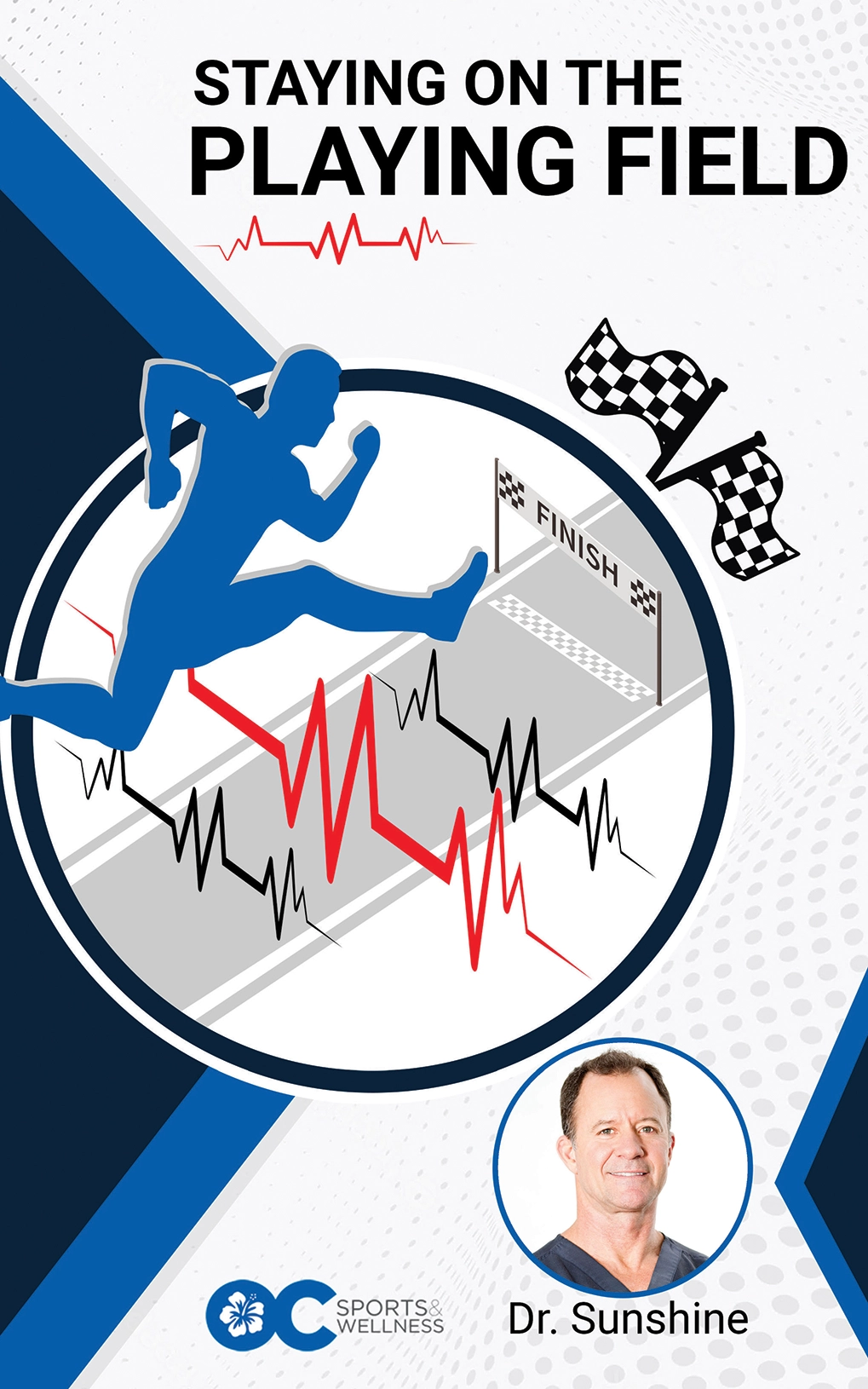For the past eighteen months, Keith Taylor and his wife have embraced a lifestyle that involves regular fasting. Their routine consists of abstaining from eating until around 5 pm six days a week, after which they eat as much as they want until bedtime. Keith emphasizes that this approach is not a typical diet, focusing not on what or how much they eat but solely on when they eat.
Since adopting intermittent fasting (IF), the Taylors have maintained a healthy body weight, experienced increased alertness and energy, reduced stress, and shown resistance to illnesses. While Keith acknowledges the uncertainty about whether this eating pattern will extend his lifespan, he feels optimistic, noting that he already feels younger.
Animal studies have suggested that intermittent fasting can lower the risk of obesity and associated diseases like non-alcoholic fatty liver disease, diabetes, and cancer. Some research indicates that mice subjected to fasting, either through calorie restriction or time-restricted feeding, exhibit improved health and longevity compared to those with constant access to food.
Human studies also show promising results. A study involving a fasting mimicking diet (FMD) revealed positive changes in participants’ fasting glucose, heart disease markers, cholesterol, triglycerides, and cancer-related markers. FMD participants experienced abdominal fat loss while preserving lean muscle mass and metabolism.
Though designing human trials to determine the impact of fasting on longevity is challenging, available research suggests potential benefits. Intermittent fasting may promote lifespan by improving risk factors for diseases like cardiovascular disease, cancer, and diabetes.
Periodic fasting, whether through methods like 5:2 fasting or time-restricted feeding, may offer health benefits without major diet changes. The 5:2 diet showed superior effects on glucose regulation and belly fat loss compared to traditional calorie restriction in studies.
While fasting’s impact on cognitive performance and disease progression is still under investigation, some trials focus on patients with conditions like multiple sclerosis or cancer. Fasting during cancer treatment may make cancer cells more vulnerable to therapies.
The metabolic switch from glucose to ketones during fasting, along with the cellular regeneration it triggers, is believed to contribute to the health benefits. The presence of ketones indicates cellular regeneration, which protects against aging and diseases. Fasting helps eliminate damaged cells, allowing the regeneration of new, healthy cells, ultimately impacting disease risk.
Fasting may not offer additional benefits for those already maintaining a healthy lifestyle, exercising regularly, and eating a balanced diet. Pregnant women and individuals with conditions like diabetes or eating disorders should avoid fasting.
While some people may feel better with intermittent fasting, it is essential to seek medical approval and supervision. Regular meetings with a registered dietitian can ensure a balanced approach, preventing overconsumption on non-fasting days.
The type of fasting pattern should align with individual lifestyles. Time-restricted feeding, where all calories are consumed within a limited window each day, is one option. The adjustment to skipping breakfast may lead to positive effects on circadian rhythms.
It is crucial to consider that even with improved health from fasting, other factors like genetics and the environment influence overall lifespan. While health and survival are often linked, they can be separate, and the impact of fasting on human lifespan remains uncertain.


